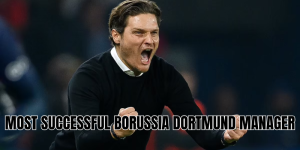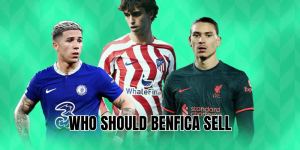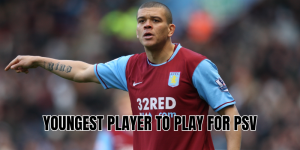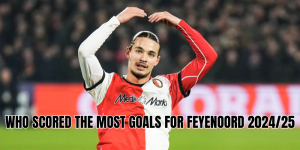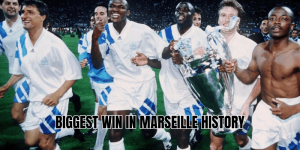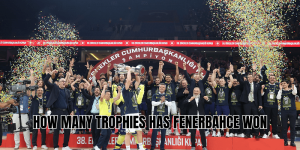In the pantheon of football greats, few clubs boast a lineage as rich and storied as Manchester United., from Busby’s rebuilt side to Ferguson’s dynasty — Manchester United football legends are etched into the fabric of the sport itself. Join QuraGoal as we journey through the icons, their exploits, and the lasting footprints they left on Old Trafford.
The Legacy Frame: What Makes a Legend at United
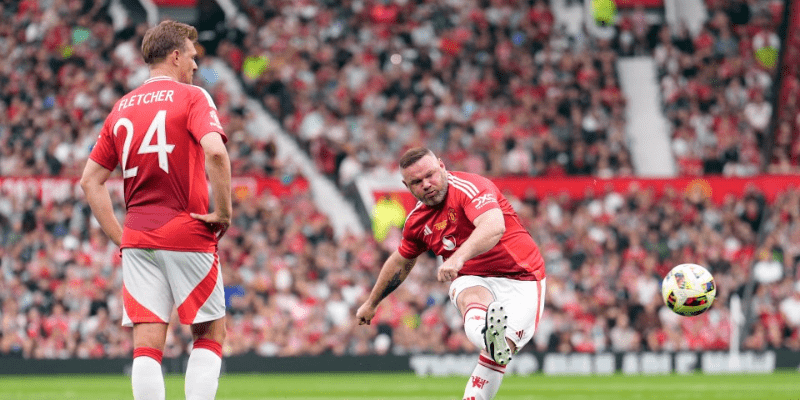
What does it take to become a Manchester United legend? It’s more than trophies or goals. To wear that mantle, a player typically must:
- Combine longevity + consistency (years, matches, impact)
- Contribute to defining moments (European triumphs, title finishes, comebacks)
- Embody the spirit and identity of the club — resilience, flair, fighting spirit
- Still resonate with fans across generations
With that benchmark in mind, below are some of the defining names — those Manchester United football legends who stand above the rest.
The Pillars: Legends Who Defined Eras
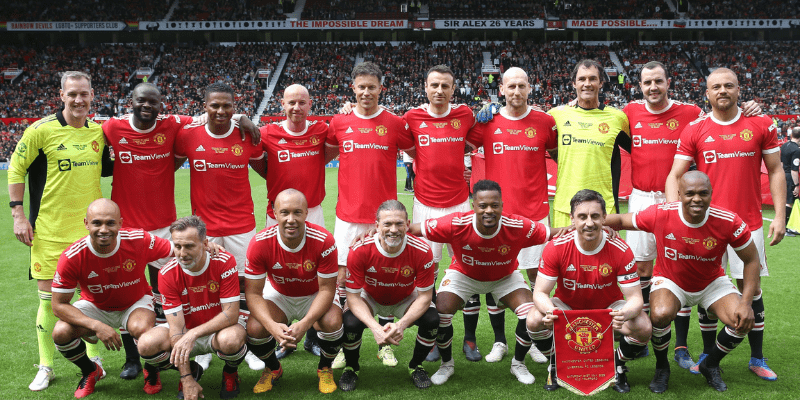
Sir Bobby Charlton & The Busby Boys
Few stories are more central to United’s identity than that of Sir Bobby Charlton. A survivor of the 1958 Munich Air Disaster, Charlton became the moral and attacking heartbeat of the club’s rebirth. He scored 249 goals in 758 appearances for United and lifted them to their first European Cup in 1968.
His elegance, vision, and range of passing made him an all-time great, not just for United but for England. He remains one of the most emblematic Manchester United football legends.
Beside him in myth is Denis Law, the third part of the “Holy Trinity.” With 237 goals in 404 appearances, Law won the Ballon d’Or in 1964 and embodied both style and ruthlessness. He passed away in 2025, but his impact remains immortal.
George Best: Flair, Charm, and Footballing Artistry
To many, George Best was football’s first “rock star” — equally celebrated for his off-field exploits as for his on-field genius. His dribbling, balance, and ability to produce magic moments made him unforgettable. Though his career had turbulence, his place among United’s legends is secured through unforgettable moments and sheer charisma.
The Ferguson Era Icons
The reign of Sir Alex Ferguson brought some of the club’s most celebrated icons. Among them:
- Eric Cantona: Signed in 1992, Cantona sparked a revival. With swagger, leadership, and clutch goals, he helped reshape United’s identity — and even after his infamous “kung-fu kick,” his legend grew.
- Ryan Giggs: One-club man par excellence. Over 672 league appearances (and many more total), Giggs adapted, evolved, and won consistently.
- Paul Scholes: The midfield metronome. Unerring passing, timing, and intelligence made him a constant.
- Roy Keane: Grit incarnate. His leadership, drive, intensity, and refusal to slip made him one of the most feared midfielders in Europe.
- Gary Neville, Denis Irwin, and Phil Neville (among others) also became hallmarks of that era — stalwarts who added stability and character.
The Modern Icons
Even in recent decades, United has produced legends worthy of the name:
- Peter Schmeichel: A cat-like presence in goal, he was central to United’s dominant run in the 1990s, including the Treble-winning 1998–99 season.
- David de Gea: With over 500 appearances and numerous match-saving moments, his consistency earned him a place among the top 10 appearance makers in United history.
- Wayne Rooney: United’s all-time top scorer with 253 goals in 559 outings (in all competitions). His versatility and hunger made him quintessential Red.
- Cristiano Ronaldo: Though his global legend is broader than United, his first era at Old Trafford, plus the later return, cemented him among the top United legends thanks to titles, goals, and flair.
Ranking & Top-Lists: Fan Debates and Expert Takes
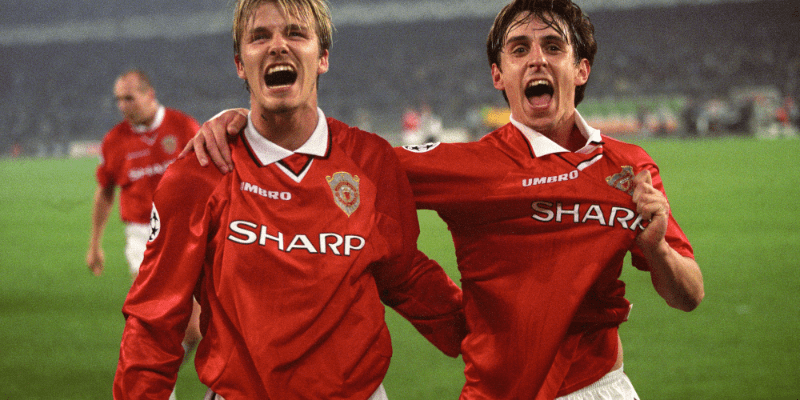
Sorting legends is always controversial — but certain names frequently dominate:
- Many lists place Charlton, Best, Cantona, Giggs, Scholes, Ronaldo, and Rooney in the top tiers.
- In one recent ranking of the 50 greatest United players, Scholes, Peter Schmeichel, Bryan Robson, Denis Law, and Roy Keane all appear.
- Official club statistics show that Bill Foulkes ranks among the top appearance makers, behind only Charlton, Giggs, and Scholes in United’s history.
- On the current club site, United maintains a “Legends Player Profile” section celebrating these titans.
These lists also spark debate: Should influence, trophies, or legacy matter more than raw stats? Fans argue endlessly — and that’s part of the joy.
Legends Off the Pitch: Legacy Beyond Matches
The mark of a true legend lies in more than goals and titles:
- Ambassadorship: Many former players stay connected to the club — mentoring, marketing, or involvement in alumni events.
- Storytelling and memory: Legends anchor club mythology. They are referenced in chants, play in legends matches, and appear in documentaries.
- Cultural impact: Some, like Best or Cantona, transcended football, becoming icons in broader culture.
- Criticism & accountability: Some legends later criticize the club or its leadership. Their words carry weight — because their boots once left deep prints.
Why We Still Turn to Legends Today
- When form dips or struggles emerge — especially at powerhouses like United — legends become benchmarks.
- New talents are measured against their predecessor’s standards.
- Fans seeking reassurance or identity often reference past glories.
- The stories of legends educate younger fans on how United’s identity was built.
Final Thoughts
Manchester United football legends are not just names on a wall or in a record book — they are the lifeblood of Old Trafford’s soul. In every roar of the crowd, in every tribute banner, their echoes resound.
Here, QuraGoal has walked you through the defining icons —, I can share top 10 signature moments, or deep dives into each player’s stats. Which legend would you like to explore first?

